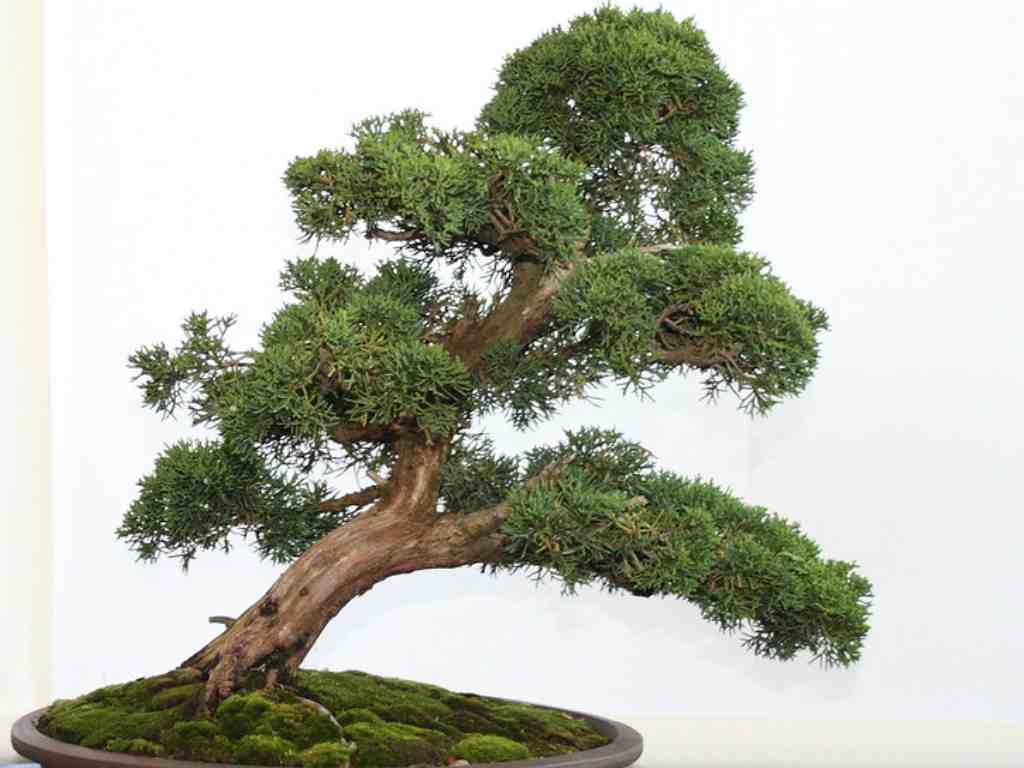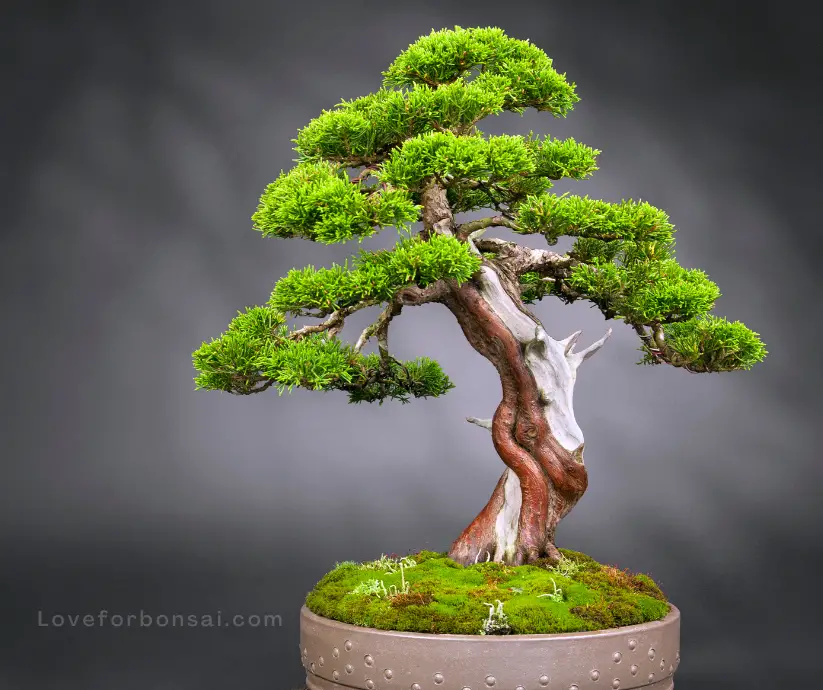Juniper trees are amongst the most popular species of evergreen trees, with over 60 subspecies. These trees are commonly found in outdoor garden spaces and are known for their distinct scents.
However, there is a common problem that some people have experienced with their Juniper trees: they start to smell like cat pee.
This raises the question: Do Juniper trees really smell like cat pee? And if so, why does it happen?
The Natural Scent of Juniper Trees
In general, Juniper trees should not smell like cat pee. The natural scent of a Juniper tree is usually that of a woody cedar or gin.
Depending on the species, the scent can be reminiscent of a fresh evergreen forest or have a gin-like aroma.
In certain species, the scent of gin becomes more prominent when the Juniper berries bloom, as these berries are used in the production of gin.
Possible Reasons for the Cat Pee Smell
If your Juniper bonsai tree smells like cat pee, there are several potential reasons behind it. Let’s explore them one by one:

Mistaken Identity
One common reason why you might think your Juniper tree smells like cat pee is a case of mistaken identity. It’s not uncommon for people to have multiple trees and plants in their backyard, and some of them have scents that resemble cat urine.
Certain tree species, such as Boxwood, Valerian, and Viburnum Tinus, are notorious for their cat pee-like smell.
In particular, Viburnum Tinus, an evergreen shrub, can easily be mistaken for a Juniper tree.
Cat Peeing Near Your Tree
Another possible reason for the cat pee smell coming from your Juniper tree is that a cat has been using it as a toilet.
Cats often roam their neighborhoods and may choose to relieve themselves in your garden.
If you notice a lot of cats in and around your garden or where you keep your Juniper tree, there is a strong chance that they are the culprits behind the unpleasant odor.
Cats typically avoid peeing near their food sources, so if you feed them elsewhere, they are more likely to use your Juniper tree for their business.
Drainage Issues
Drainage problems near your Juniper tree can also contribute to the smell resembling cat pee. Older homes often have hidden drains and gutters that connect directly to the sewers.
If these drains and gutters are not properly maintained, the smell can intensify and make your Juniper tree’s odor more noticeable.
To avoid this, ensure that you regularly clean out the guttering and prevent stagnant water from accumulating in these areas.
Bacterial Infection
While bacterial infections are more common in Chinese Elm trees, Junipers can also be susceptible to bacterial infections. These infections can cause the tree to leak excess sap, resulting in a bad smell.
Mold infections caused by fungi in the soil can also contribute to the foul odor. To prevent bacterial and mold infections, it’s recommended to change your potting soil once per year and ensure proper drainage.
Additionally, using a suitable fungicide can help control bacterial infections in your Juniper tree.
Recent Rainfall
Excess rainfall can lead to dampness, mold infections, and root rot, which can make your Juniper tree smell like cat pee. Rainfall can also transport grit, dirt, and urine from neighboring cats, exacerbating the odor.
If you notice that your Juniper tree smells more like cat pee after rainfall, this might be the cause. Proper drainage and regular soil maintenance can help prevent this issue.
How to Stop Juniper Trees from Smelling Like Cat Pee
If your Juniper tree consistently smells like cat pee, there are several steps you can take to address the issue:
- Create a cat-friendly area:
If cats frequently visit your garden and use your Juniper tree as a toilet, consider creating a designated area where they can relieve themselves. This could be a small patch of soil or a litter box specifically for outdoor cats.
By providing an alternative location, you may discourage them from using your Juniper tree.
Are Bonsai Trees Poisonous for Cats?
- Use deterrents:
Cats dislike certain scents, such as citrus, vinegar, or lavender. You can use these scents as natural deterrents by spraying them around the base of your Juniper tree.
There are also commercial cat repellents available that can help keep cats away.
- Install physical barriers:
Erecting barriers around your Juniper tree can prevent cats from accessing it. This could be a fence, mesh netting, or prickly plants around the base of the tree.
Physical barriers make it less appealing for cats to approach and use your tree as a litter box.
- Maintain proper drainage:
Ensure that the area around your Juniper tree has adequate drainage to prevent waterlogging and the growth of mold or bacteria.
Regularly check and clean your gutters to avoid any drainage issues.
- Consult a professional:
If none of the above solutions work or you suspect that there might be an underlying issue with your Juniper tree, it’s advisable to consult a professional arborist or a horticulturist.
They can assess the health of your tree and provide expert guidance on how to address the odor issue.
Final Thought:
By implementing these measures, you can minimize the cat pee smell associated with your Juniper tree and create a more pleasant environment in your garden.
Remember, the natural scent of Juniper trees should not resemble cat pee. If you suspect that there might be an issue with your tree’s health or if the smell persists despite your efforts, seeking professional advice is always a good idea.
